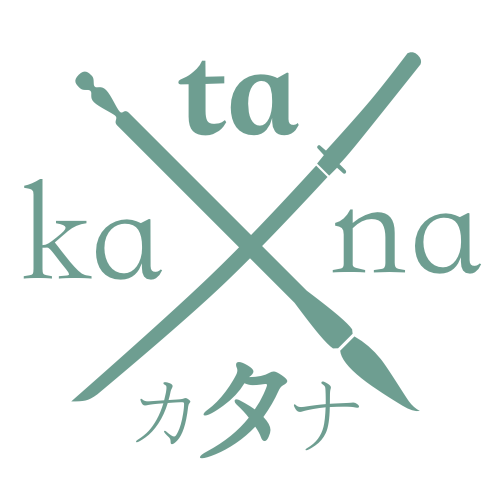The Trust Revolution: Golf, Open Source Technology, & Trusted Brands
/Open source technology is a lot like playing best ball or scramble in golf. Whenever one group makes a leap forward, it very quickly brings everyone else to that same point. Just like the other three golfers walking and dropping their balls by the fourth’s more well-positioned ball.
This is not the space race anymore where countries are incentivized to keep everything Top Secret, making progress in a dark silo, to win the race before the other. Tesla’s free-to-use patents are a great example — helping promote the advancement of electric vehicle technology.
While secrecy & mystique may have once been sexy & positive for brand (e.g., McKinsey), a shift is happening. Companies like Magic Leap have skirted this perception; however, that same shroud is now more easily perceived as untrustworthy. Consistent transparency builds trust and credibility.
“I think there was a period of time when mystique was a good thing,” Kevin Sneader, global managing partner of McKinsey & Company told CNBC in March, “Mystique is not a good thing anymore. People don’t like secrecy. We have to change with that.”
Capabilities across distributed ledger technology, artificial intelligence, virtual and augmented reality, robotics, and more will continue trending toward commoditization as increasingly more sophisticated functions become open source. Commoditization effectively means what was once proprietary or uniquely valuable becomes generic. What was once a deep moat trends toward a shallow moat.
What then, will persist as a differentiating factor? Trust built through consistent transparency.
Reveal, don’t conceal.
This is the Trust Revolution.
Brand is intimately tied up in the trust revolution. Proprietary will continue trending toward commoditization and diminishing significance. Brand leverage is customer stickiness in that increasingly undifferentiated market.
Well-honed go-to-market strategies coupled with disciplined execution outperforms all in an open source ecosystem where technology and products are consistently iterated and improved upon at an accelerating pace. This accelerating at an accelerating pace is not a natural way of thinking. Humans naturally think linearly, not exponentially. We naturally see where we are currently and assume we will continue on that line, underestimating the curved slope we are actually on. In reality, humanity's progress is pushing forward faster than ever.
Owning this subsequently necessitates a focus on developing and growing your downstream assets and capabilities. The importance of building and maintaining a trustworthy, credible brand that truthfully exists to serve and delight their customers cannot be overstated.
“You are always on parade.”
General Patton's quote above is one of many that we memorized as cadets at the Air Force Academy. It was designed to hammer home that we were representing both ourselves and - more importantly - something bigger than ourselves.
Each and every interaction you have is an opportunity to represent your brand. You are always on parade. Brand equity and customer loyalty is founded on trust – not transactions. Brand is becoming the most differentiable, valuable asset and strongest source of competitive advantage in which a company can invest.
A strong brand is built on thoughtfulness, credibility, and customer experience creating the kind of experience that people want to tell others about. They create a gravitational pull. Through this, customers remain loyal despite competition beating the brand on price or quality.
How then, do you build a strong brand? Invest in authentic understanding, genuine connection, and follow-through to promote customer loyalty and long-term value creation.
Brand battles occur within their minds. Brand loyalty occurs within their hearts.
Win their hearts. Win their minds.
This is the Trust Revolution.
Respectfully,
Anthony Emtman
CEO




